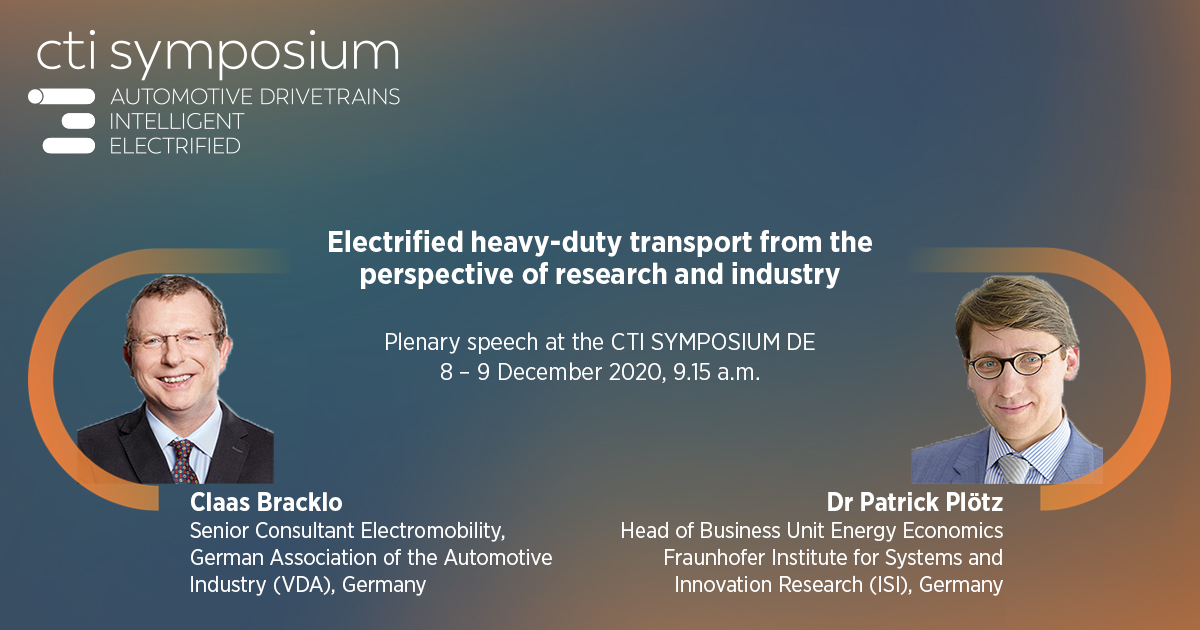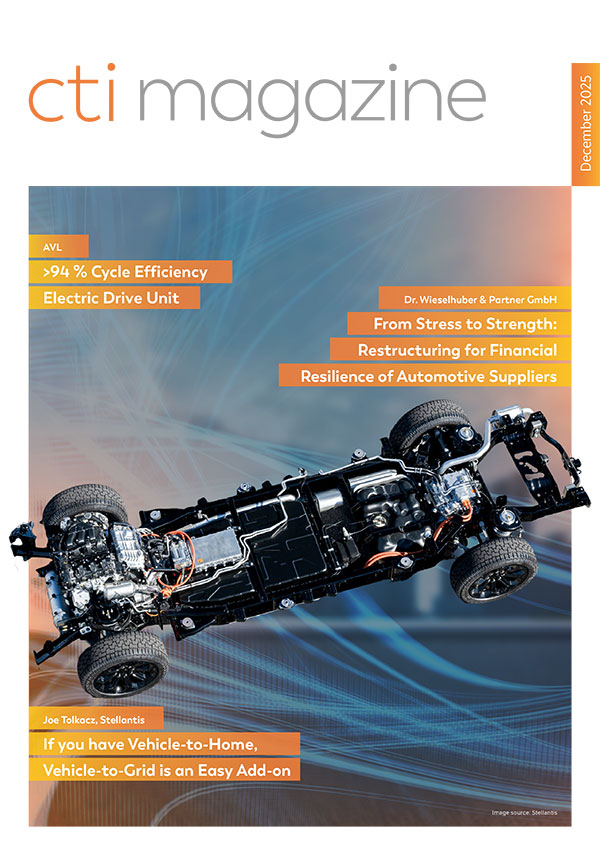
Claas Bracklo, Senior Consultant Electromobility, German Association of the Automotive Industry (VDA), Germany
Dr Patrick Plötz, Head of Business Unit Energy Economics, Fraunhofer Institute for Systems and Innovation Research (ISI), Germany
CO2-Emissions of Trucks have to be reduced at least 30% by 2030 compared to 2019/2020. This requests emission free drive trains in long haul transport. The availability of rechargeable battery electric trucks in the coming years is announced from the OEMs Battery electric trucks can benefit from scaling effects in the passenger car business and promise economical attractiveness. The transport profiles are more challenging concerning charging technology, as it is requested to recharge the battery within short time, with an impact on charging power and the energy supply. First applications will start with the established Combined Charging System CCS at 350 kW. Increased megawatt charging power based on CCS has to be standardized, developed and evaluated. The industry has to supply the charging technology together with the vehicles, the high energy supply has to be planned and secured within the overall energy system. The first important step for a secure market introduction is the modelling of a nationwide charging infrastructure network covering the needs of electrified transport and growth potential in conjunction with the market penetration. The international standardization of a worldwide unified charging system is the prerequisite for further scaling effect and market adoption.
